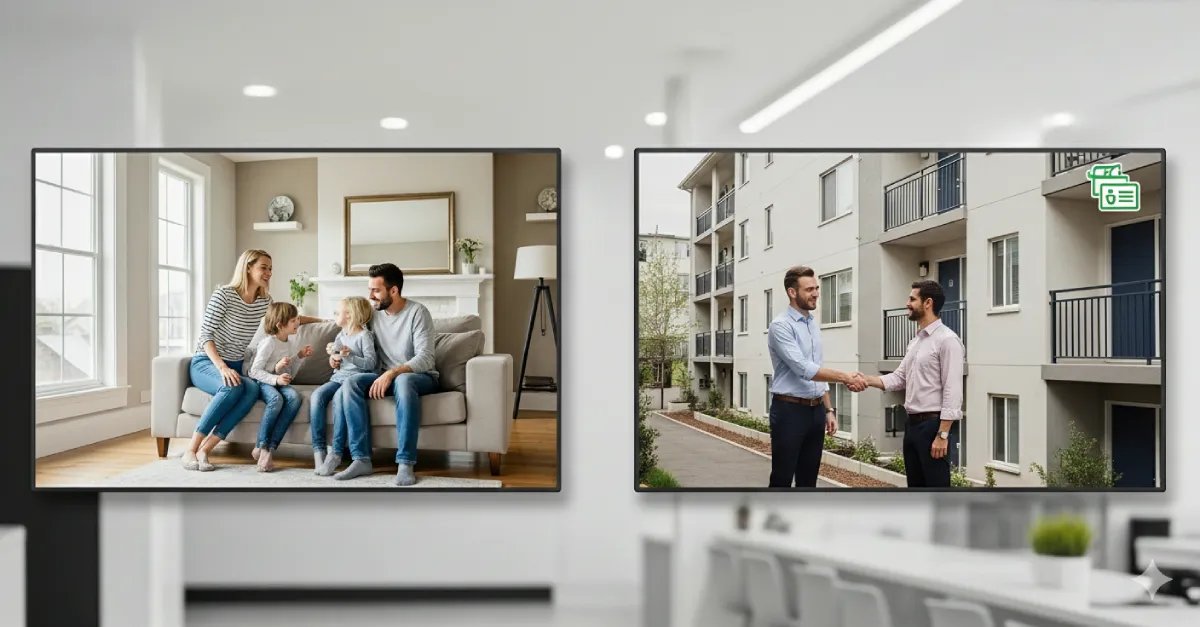In Texas, protecting a property means more than just having coverage. The type of insurance you need depends on how the property is used. That’s where many people get confused between home owners insurance and landlord insurance. At first glance, they may seem alike, but the differences could change the outcome of a claim. If you want dependable insurance services in Austin, TX, it’s important to understand where these two policies overlap and where they separate.
How Are Home Owners And Landlord Policies Alike?
Both home owners insurance and landlord insurance provide protection for the physical structure of a house and liability risks. They exist to safeguard your financial security if something unexpected happens. In both cases, the goal is to prevent you from paying massive repair or legal bills out of pocket.
Shared features usually include:
- Coverage for damage caused by fire, storms, or theft
- Liability protection if someone is injured on the property
- Options to add extra coverage based on your needs
While they start from a similar foundation, the details change depending on whether you live in the home or rent it out.
What Makes Home Owners Insurance Unique?
Home owners insurance is built for people who live in their homes full-time. It does not just guard the structure; it really goes toward safeguarding your way of life. Thus, it includes coverage for personal property, and in some cases, living expenses if one has to move out temporarily due to the aftereffects of a calamity.
Key points for homeowners:
- Protects furniture, electronics, clothing, and other belongings
- Covers additional living expenses if your home becomes unlivable
- Offers liability if a visitor is injured in your home
This makes home owners insurance a must-have for Texas families who want both their property and possessions covered.
What Makes Landlord Insurance Unique?
It is provided for property owners who lease houses to tenants. Unlike homeowners insurance, which centers on protecting personal belongings, it looks at rental income security and possible risks arising from tenants.
Highlights of landlord coverage:
- Protects the rental structure itself
- Covers liability if tenants or their guests are injured
- Includes rental income protection if the property becomes uninhabitable
- Optional coverage for tenant-caused damage or vandalism
This policy is less about personal use and more about treating the property as a financial investment.
How Do The Differences Affect Your Decision?
Here’s where the true comparison becomes clear:
- Who it’s for
Home owners insurance → People living in their own homes
Landlord insurance → Property owners renting to tenants
- What it covers
Home owners insurance → Belongings, structure, liability, living expenses
Landlord insurance → Structure, liability, lost rent, tenant-related risks
- Why it matters
Using the wrong policy could mean a denied claim if the property’s use doesn’t match the coverage.
Understanding this difference is essential because it ensures your protection truly fits your property’s role.
Who Can Help You Make The Right Choice?
Having some guidance in choosing between homeowner and landlord insurance can greatly reduce confusion. Local agents in Texas would know the state-specific risks and save you from expensive mishaps. With over 30 years in the field, Grissom Insurance Agency is a reputable name for insurance services in Austin, TX, as well as surrounding areas. Our professionals compare the carriers so you can find the perfect match, whether you are a homeowner or a landlord.
Conclusion
The use of the property sort of makes the distinction between homeowners insurance and landlord insurance in Texas. For homeowners, protection for their belongings and daily life is needed, whereas landlords need coverage for rental income and those entitled risks. When you deal with a good company in town like the Grissom Insurance Agency, you’ll be confident that your insurance coverage reflects your needs and that every situation will keep you safe.

